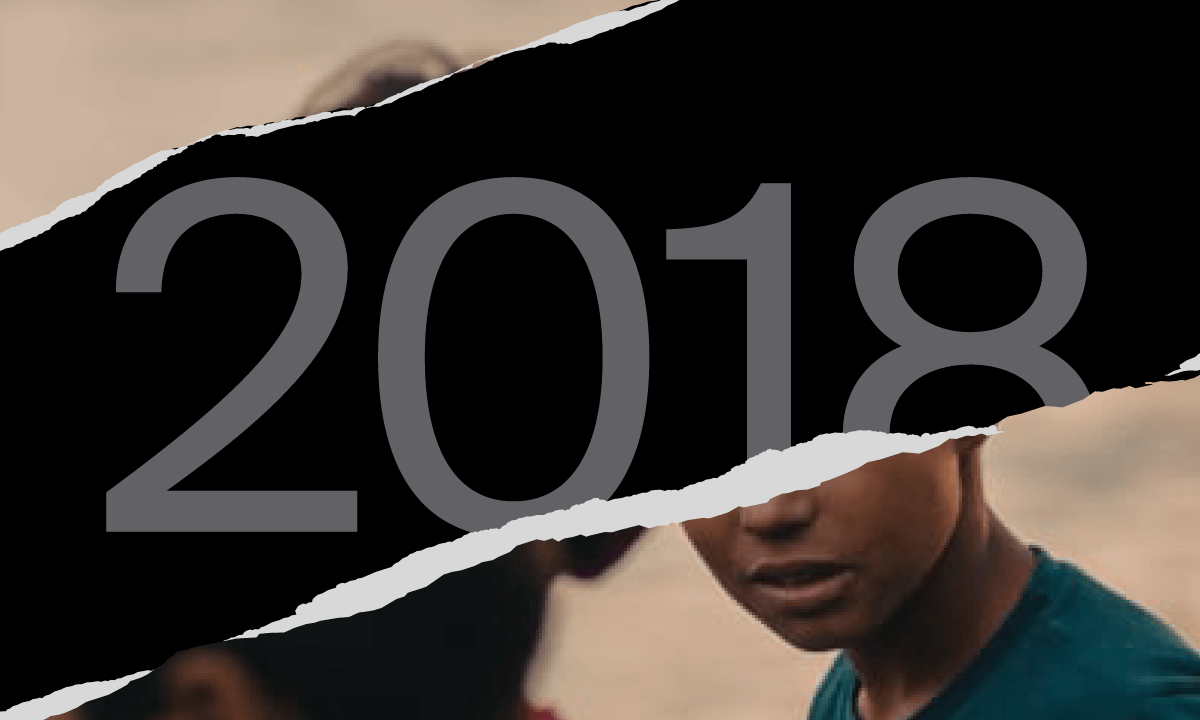The battle for the copyrights between Sky and Siae has been going on for about one year, and it has recently intensified with the exchange of threats and accusations from both sides, which have come into the public domain. The situation between both companies turns out to be very complicated, and it seems very difficult to find a clear solution.
The triggering event took place on July 2017, when the contract that regulated the relationship between the two parties expired. From that moment on Sky stopped paying the copyrights to Siae for the contents that they were broadcasting. The lack of payment, which concerned films, music, documentaries and TV, would add up to about 10 million euros, according to sources from Siae. After that moment both societies were unable to reach a second agreement in order to regulate the publication of pay-tv content. Besides, it is also difficult to understand the willpower of both companies to reach a compromise, since both of them blame each other for the lack of a second agreement.
This deadlock situation was interrupted a few months ago when Siae underlined the lack of payment from Sky and their will to take this to court, “since not complying with the copyrights represents a criminal offense”. The answer from the pay-tv company came by the end of March with the payment of a few million euros to Siae. This “smart” move has been followed by a complaint from Sky in which they asked for the return of the past contributions.
After that, the Rupert Murdoch’s company has solicited, on a press release, a greater liberalization of transactions. “it is necessary to free the market and to enable investors to count on non-crystallized interlocutors on positions exceeded of the regulatory framework”.
Sky’s behavior has been qualified by Sugar, the president of the management board of Siae, as “unable to be qualified”, which has added: “they lie knowing that they are lying. Siae has never been an obstacle in their opening to the market and has always abided by the law”. Furthermore, Sugar also commented the lack of payment for the contributions. “It is an evident attempt to exploit the story so as not to pay, or pay fewer copyrights”.

